If you’re planning a fundraising event where tax receipts will be given, there are many complexities to be aware of.
From the Canadian Revenue Agency’s (CRA) perspective, for example, fundraising events, just like charitable status, must align with an intricate set of rules that the third-party fundraiser and the charity they work with must follow. Here’s a breakdown of some of the key things to know before planning an event.
1) WORK WITH THE CHARITY
Firstly, as a third-party fundraiser organizer (which, for the purpose of this article, excludes informal fundraising efforts, such as crowdfunding and social media campaigns), you must reach out to the charity you want to support beforehand for consent to organize the event, says Toronto lawyer Mark Blumberg, partner with Blumberg Segal LLP. Then work closely with them to ensure adherence to existing fundraising and donation policies, he adds. A written agreement should also be considered, suggests the CRA, with clear conditions outlining the fundraising arrangement.
“Third-party fundraising can be brilliant for charities because another person is doing most of the work,” he says. “But organizers should talk to the charity beforehand, [to] understand their fundraising practices and the work and information required, so things are agreed upon ahead of time.”
A charity must be registered with the CRA in order to provide donation tax receipts says CPA Stan Swartz, president of Toronto-based Infomoney Solutions Inc. Many non-profits in Canada are not registered charities (80,000 to 100,000 of them, in fact). To make sure the organization you plan to support is officially registered, visit the CRA’s website to do a quick search.
2) CALCULATE THE TOTAL ADVANTAGE
When issuing donation receipts, whatever guests receive at the fundraising event—be it food, beverages, green fees, cart rental, golf balls, door prizes and/or complimentary gifts—must be factored in. Referred to as an advantage, this means that the amount donated, less the total value of what is received, will be the amount on a receipt issued to participants. Door prizes are valued at their retail value, totalled up and then prorated based on the number of event tickets sold (as opposed to being treated as an advantage only to those who won a prize). Other advantages are based on the value of what was actually received by each participant, as outlined by the CRA.
